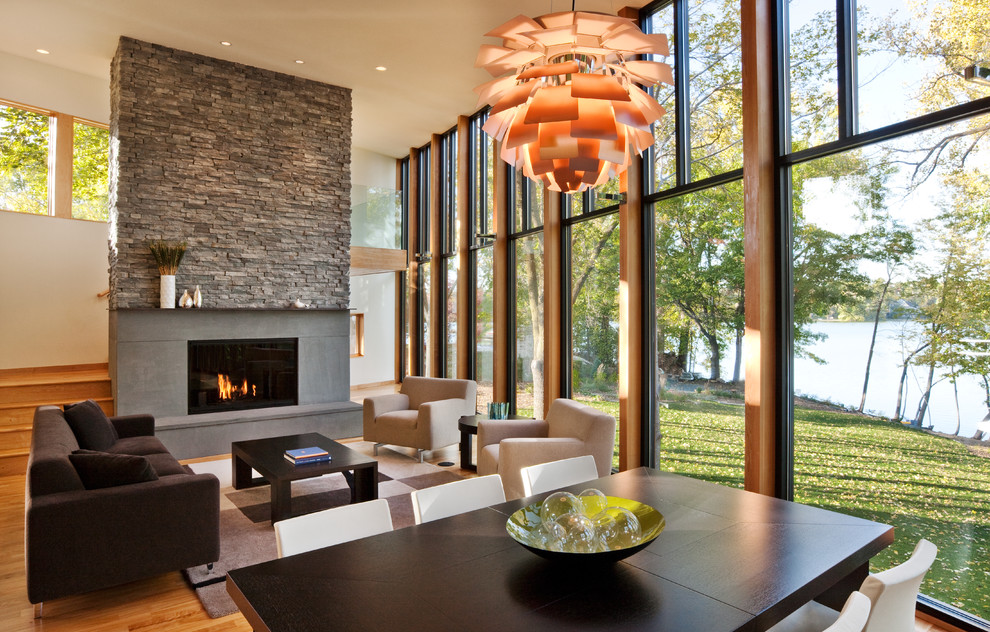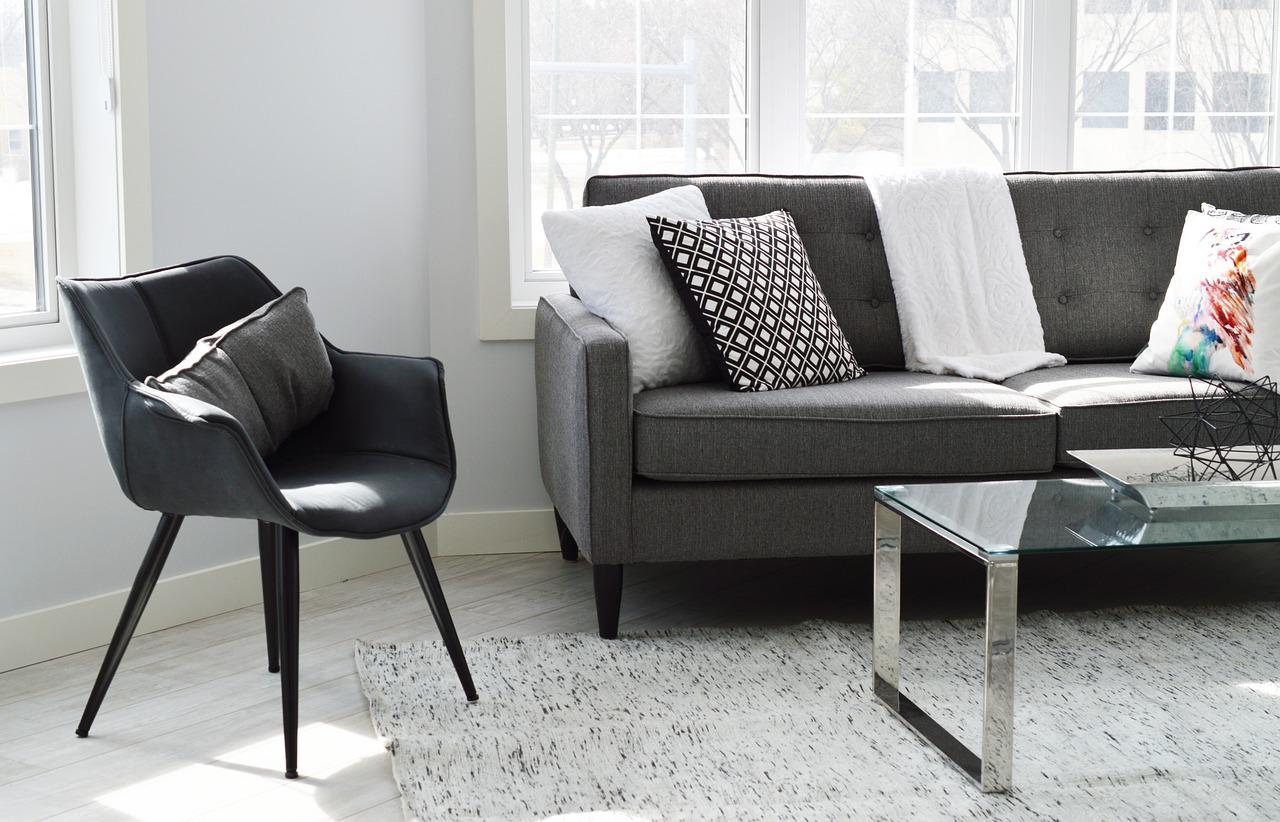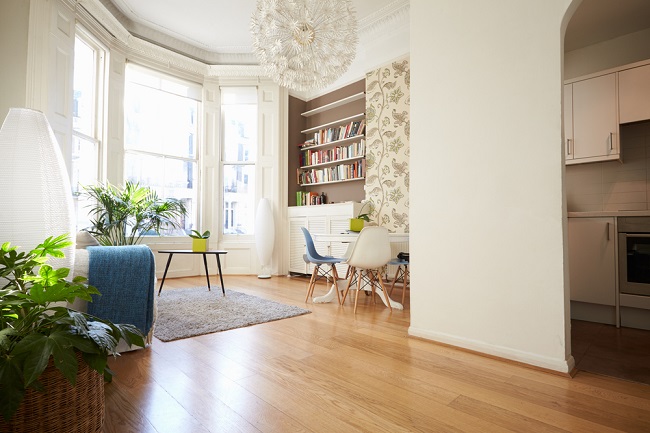Soundproofing a room, an office space or your entire home for that matter can be done by a single person—yourself. With adequate knowledge and a little practice on small fixings around the house, you would be able to accomplish do-it-yourself or diy soundproofing.
Getting started to learn DIY Soundproofing
The most common problem why many people fail in any undertaking is that they lack confidence at the onset of the project. They tend to have misgivings and negative beliefs that they couldn’t accomplish the job even before they actually try doing it. Well, this should not be so.

The first thing you need to do in order to learn diy soundproofing is believing in yourself that you can do it. Trust in your abilities and good judgment. After you gain that extra boost to persist even when the going gets tough, then it’s time to really get to work and drop a sweat.
To begin with, realize your goal. Why do you need to soundproof a room or your home? What do you plan to accomplish by doing soundproofing? You may want to build a home studio, a baby’s room or your old folk’s room where it should absolutely be quiet to allow them undisturbed rest or just to keep external noise from getting inside.
Today’s generation is luckier because there are several products out there now that foster easy diy soundproofing. Before, it wasn’t even practical or advisable to do soundproofing all on your own because it would only waste so much more money, time and effort. With many do-it-yourself soundproofing kits offered by foam manufacturers and soundproofing products companies, managing soundproofing on your own wouldn’t be so much difficult at present. How to use different varieties of foams, from convoluted foam to the fireproof melamine type, are mostly included in diy manuals.
Start Soundproofing Now
After you obtained a step-by-step guide or a diy instruction booklet and have understood what to do, then it’s time to formulate your plan. Make a list of things to do, possible materials and expected expenses so you could estimate how much budget you’ll be spending. How many rooms needed to be soundproofed? How wide? How about the floors and ceilings?
Insulating your home will help significantly reduce your energy bills plus it will free you from all the troubles that unwanted noises bring. To stop sound from moving freely within your home, you should build your doorways a little bit away from one another. A dual wall with a second layer of drywall will also greatly enhance noise reduction among homes especially those located near busy streets and highways. Living areas should also be soundproofed by providing some sort of padding or flooring.
The important thing to bear in mind when carrying out diy soundproofing is to plan accordingly. You must have a concrete direction to follow and a tier-by-tier course of action to act upon rather than just reaching blindly and merely guessing what to do next.












